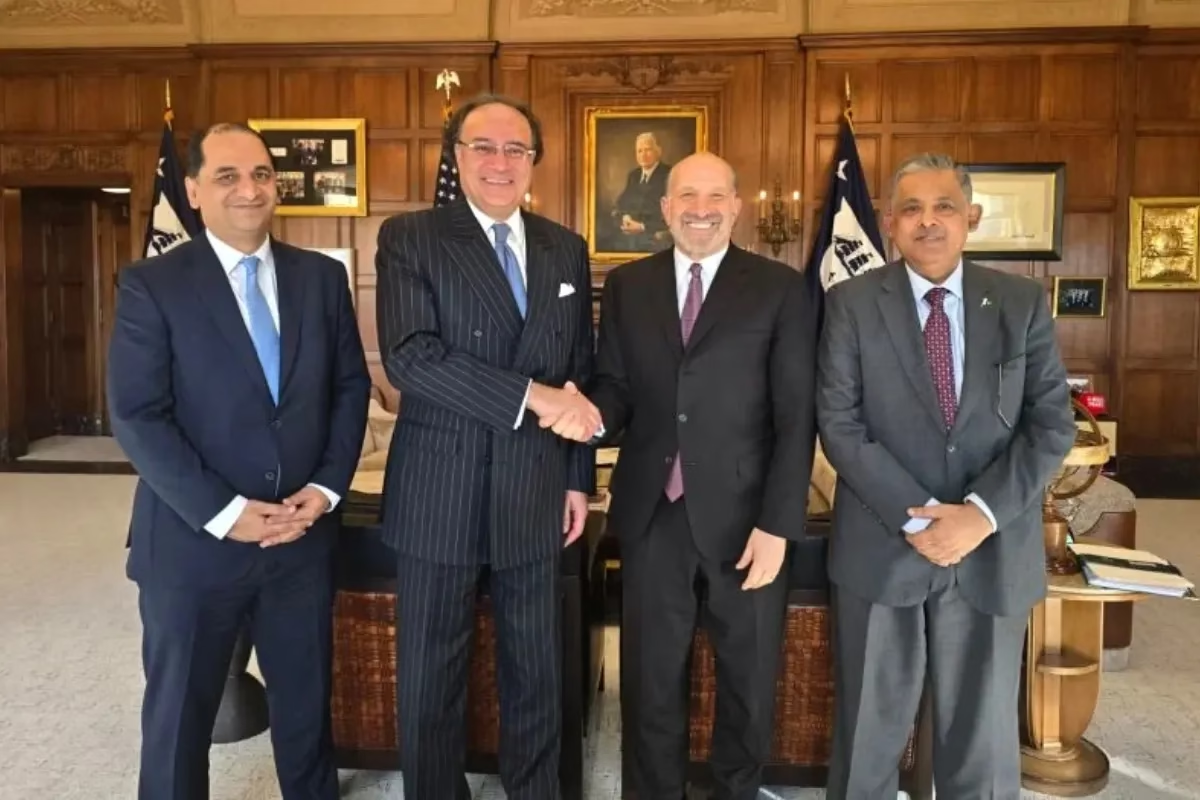Pakistan’s rice industry is facing a major setback as exports have dropped by 15%, raising concerns among exporters and policymakers. The issue came to light during a recent meeting of the National Assembly Standing Committee on Commerce, where industry experts and officials discussed the underlying problems affecting rice exports.
Why Are Pakistani Rice Exports Declining?
The Rice Exporters Association of Pakistan (REAP) revealed that Pakistan’s rice exports, valued at $6 billion annually, have taken a hit due to several factors. The primary reasons include:
- Monopoly of fumigation companies
- Use of substandard disinfectants
- European Union (EU) objections to quality standards
- Raids on rice exporters by the Federal Investigation Agency (FIA)
These issues have made it difficult for Pakistani rice exporters to compete in the global market, affecting trade with key regions such as Europe and Africa.
Breaking the Monopoly of Fumigation Companies
One of the biggest challenges identified in the meeting was the monopoly of four fumigation companies, which has limited competition and raised concerns about unfair practices.
Committee member Sharmila Farooqui pointed out that all four major fumigation companies operate from the same address, indicating possible collusion that is harming exporters.
New Licensing Policy to End Monopoly
To tackle this issue, the committee decided to expand the number of licensed fumigation companies from 4 to 57. This move is expected to:
Increase competition
Improve the quality of fumigation services
Reduce costs for rice exporters
Ensure that fumigation is carried out more efficiently
This decision is seen as a crucial step in improving the export quality of Pakistani rice and addressing the concerns of international buyers.
Substandard Disinfectants: A Growing Concern
Another critical issue raised in the meeting was the use of low-quality disinfectants in rice production.
Committee member Mirza Ikhtiar Baig emphasized that the presence of harmful substances in Pakistani rice is not the fault of farmers, but rather the negligence of companies producing substandard fumigation chemicals.
European Union’s Concerns
The European Union (EU) has raised objections regarding the quality of Pakistani rice, specifically highlighting the presence of harmful ingredients. While officials from the Ministry of Food Security clarified that there have only been two EU objections, African countries have also begun voicing concerns about the quality of rice exports from Pakistan.
This poses a serious threat to Pakistan’s export market, as stricter regulations could result in trade restrictions or bans, further damaging the industry.
FIA Raids on Rice Exporters: A Controversial Move
The meeting also addressed a controversial issue—raids conducted by the Federal Investigation Agency (FIA) on the homes of rice exporters.
The committee expressed serious concern over these raids, with members demanding an investigation into the matter. Many exporters feel these actions are unjustified and damaging to the industry, adding to the challenges they already face in competing with international markets.
Ensuring Pakistan’s Competitiveness in Global Rice Markets
Despite these challenges, REAP officials remain hopeful that Pakistan’s rice industry can regain its strength. They emphasized the need for better export opportunities, similar to those provided to rice-exporting countries such as India, Vietnam, and Thailand.
Key Demands from the Government
Improved trade agreements to expand Pakistan’s access to international markets
Strict regulations on fumigation companies to ensure high-quality treatments
Better support for rice exporters to compete with other rice-producing nations
Government action to maintain Pakistan’s reputation as a high-quality rice exporter
Government’s Response and Future Reforms
Committee Chairman Muhammad Javed Hanif Khan assured that the government is committed to resolving these issues. He directed immediate reforms to address the concerns of rice farmers and exporters, ensuring that effective steps are taken to boost exports.
Key Actions to Be Taken:
Expanding the number of fumigation companies to break the monopoly
Implementing stricter quality controls for disinfectants used in rice production
Addressing the concerns of the EU and African countries regarding Pakistani rice
Investigating the FIA raids on rice exporters to ensure fair treatment
Strengthening Pakistan’s position in the global rice market through better trade policies
Conclusion: The Way Forward for Pakistan’s Rice Industry
The 15% decline in rice exports is a wake-up call for Pakistan’s policymakers and industry leaders. Issues such as monopoly control, low-quality fumigation, and international trade barriers must be addressed immediately to prevent further losses.
By ending monopolies, improving quality standards, and securing better trade agreements, Pakistan can regain its position as a leading rice exporter. However, swift government action is required to restore confidence among exporters and international buyers.
If the proposed reforms are successfully implemented, Pakistan’s rice industry can overcome these challenges and continue to thrive in the global market.



